All Courses
All Courses
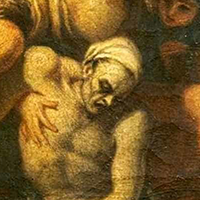
Course • History • 4 lectures
Medicine Through Time – The Black Death, c. 1325-1450
Prof. Miri Rubin, QMUL 4 Lessons
4 Lessons
Medicine Through Time – The Black Death, c. 1325-1450
Prof. Miri RubinQMUL

Course • History • 5 lectures
Medicine Through Time – Smoking and Lung Cancer, 1945-2015
Prof. Virginia Berridge, LSHTM 5 Lessons
5 Lessons
Medicine Through Time – Smoking and Lung Cancer, 1945-2015
Prof. Virginia BerridgeLSHTM
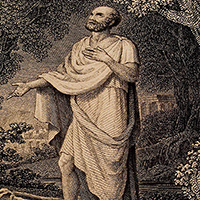
Course • History • 5 lectures
Medicine Through Time – Galen and Galenism, c. 120-220
Prof. Vivian Nutton, UCL 5 Lessons
5 Lessons
Medicine Through Time – Galen and Galenism, c. 120-220
Prof. Vivian NuttonUCL
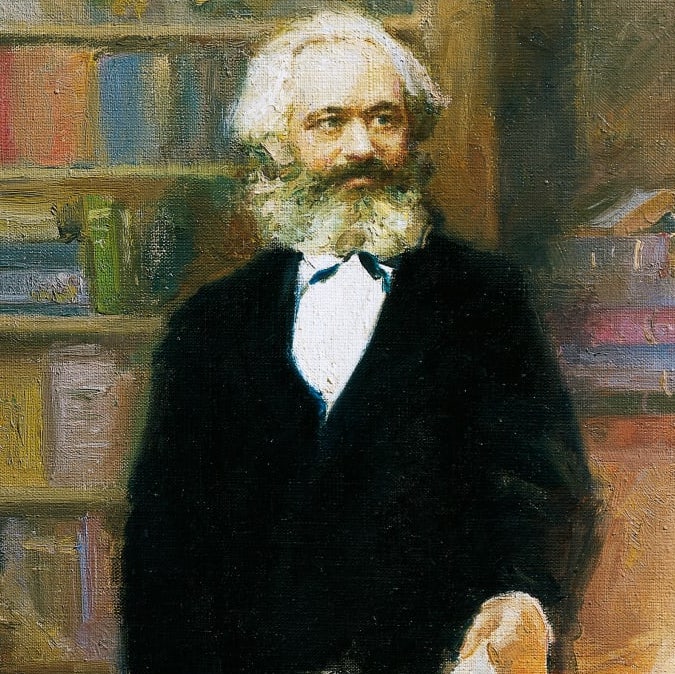
Course • Sociology • 5 lectures
Marxist Social Theory
Dr Ross Abbinnett, Birmingham University 5 Lessons
5 Lessons
Marxist Social Theory
Dr Ross AbbinnettBirmingham University

Course • Sociology • 6 lectures
Feminist Social Research Methods
Prof. Gayle Letherby, Plymouth University 6 Lessons
6 Lessons
Feminist Social Research Methods
Prof. Gayle LetherbyPlymouth University

Course • Sociology • 5 lectures
Modernity and Postmodernity
Dr Ross Abbinnett, Birmingham University 5 Lessons
5 Lessons
Modernity and Postmodernity
Dr Ross AbbinnettBirmingham University

Course • Sociology • 7 lectures
Objectivity in Social Research
Prof. Martyn Hammersley, Open University 7 Lessons
7 Lessons
Objectivity in Social Research
Prof. Martyn HammersleyOpen University
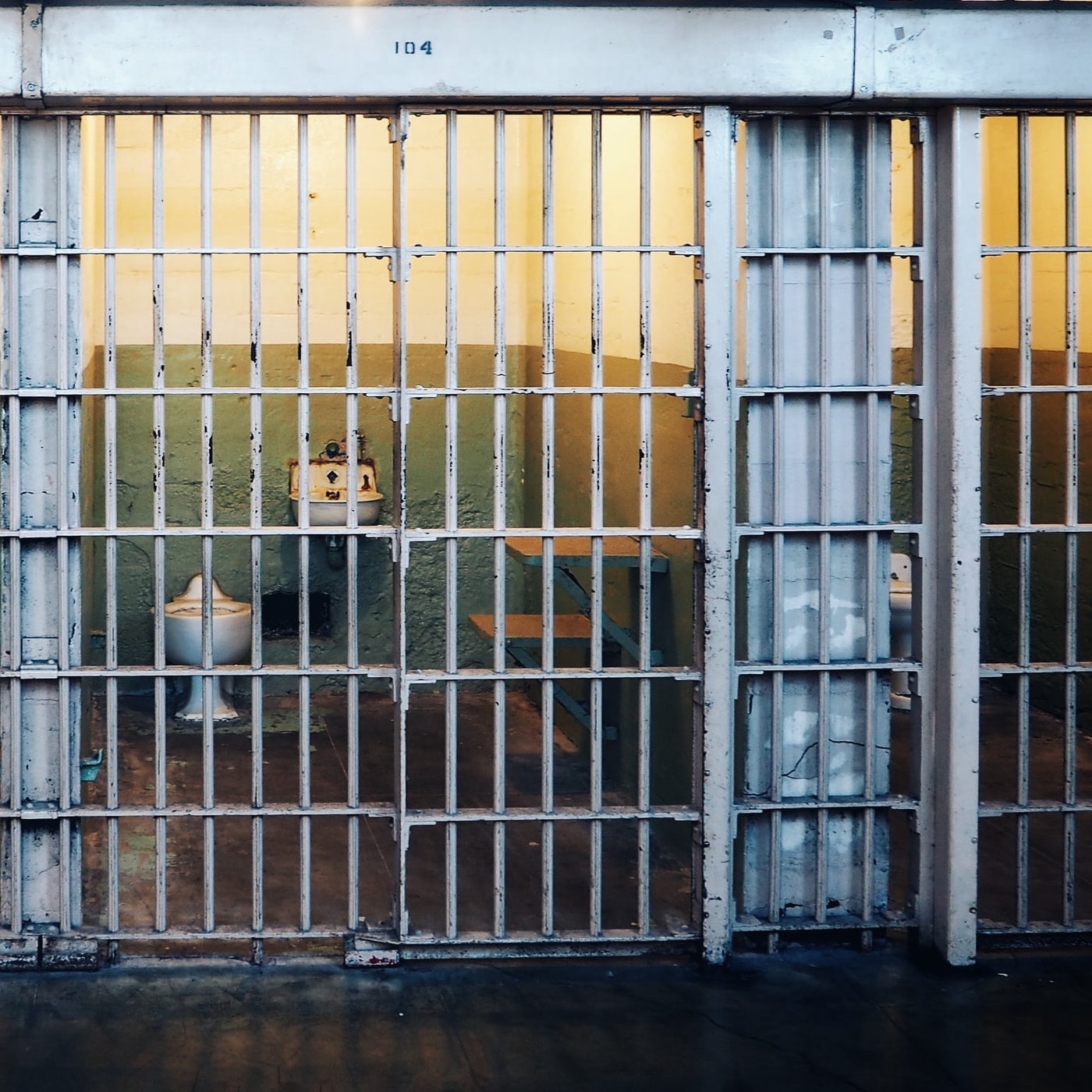
Course • Sociology • 6 lectures
Prisons, Punishment and Penology
Dr David Scott, Open University 6 Lessons
6 Lessons
Prisons, Punishment and Penology
Dr David ScottOpen University
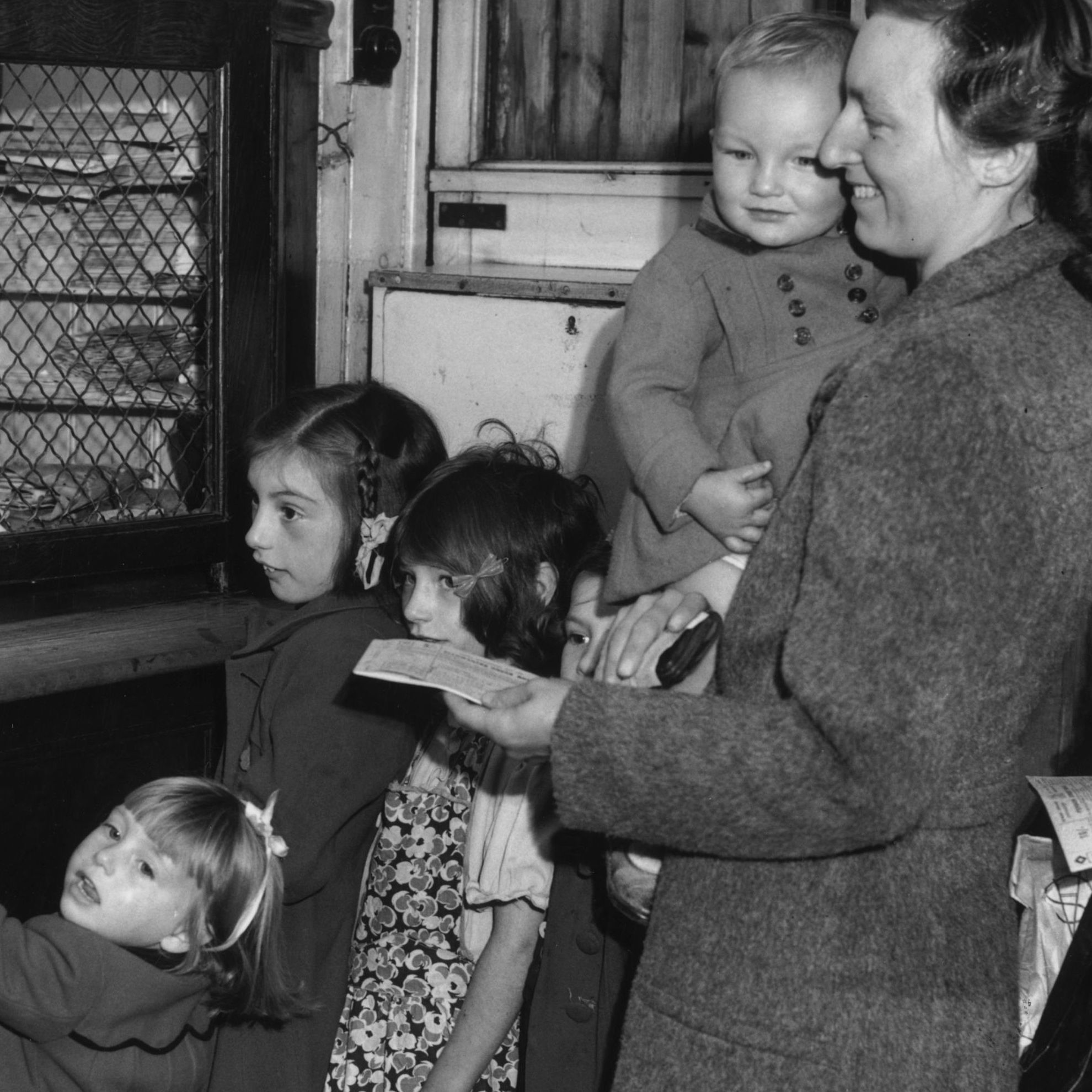
Course • Sociology • 6 lectures
Family Policy in Britain
Prof. Pat Thane, Birkbeck College, London 6 Lessons
6 Lessons
Family Policy in Britain
Prof. Pat ThaneBirkbeck College, London

Course • Sociology • 6 lectures
Gender and Crime
Dr Karen Evans, Liverpool University 6 Lessons
6 Lessons
Gender and Crime
Dr Karen EvansLiverpool University

Course • Sociology • 5 lectures
Crime Statistics
Dr Stephanie Fohring, Northumbria University 5 Lessons
5 Lessons
Crime Statistics
Dr Stephanie FohringNorthumbria University

Course • Sociology • 7 lectures
Women, Gender and Religion
Prof. Linda Woodhead, Lancaster University 7 Lessons
7 Lessons
Women, Gender and Religion
Prof. Linda WoodheadLancaster University

Course • Sociology • 7 lectures
Positivism and Interpretivism in Social Research
Prof. William Outhwaite, Newcastle University 7 Lessons
7 Lessons
Positivism and Interpretivism in Social Research
Prof. William OuthwaiteNewcastle University

Course • Sociology • 6 lectures
Theories of Global Development
Prof. Katie Willis, Royal Holloway, London 6 Lessons
6 Lessons
Theories of Global Development
Prof. Katie WillisRoyal Holloway, London
.jpg)
Course • Sociology • 5 lectures
Secularisation
Prof. Linda Woodhead, Lancaster University.jpg) 5 Lessons
5 Lessons
Secularisation
Prof. Linda WoodheadLancaster University

Course • Sociology • 5 lectures
Education and British Values
Dr Shaun Best, Winchester University 5 Lessons
5 Lessons
Education and British Values
Dr Shaun BestWinchester University

Course • Sociology • 5 lectures
Functionalism
Prof. John Holmwood, Nottingham University 5 Lessons
5 Lessons
Functionalism
Prof. John HolmwoodNottingham University

Course • Sociology • 5 lectures
Situational Crime Prevention
Prof. Kate Bowers, UCL 5 Lessons
5 Lessons
Situational Crime Prevention
Prof. Kate BowersUCL

Course • Sociology • 6 lectures
Sociological Theories of the Family
Dr Vicki Harman, Surrey University 6 Lessons
6 Lessons
Sociological Theories of the Family
Dr Vicki HarmanSurrey University

Course • Geography • 6 lectures
Aid and Development
Dr Nilima Gulrajani, Overseas Development Institute 6 Lessons
6 Lessons
Aid and Development
Dr Nilima GulrajaniOverseas Development Institute

Course • Sociology • 7 lectures
The Sociology of Childhood
Prof. Karen Wells, Birkbeck College, London 7 Lessons
7 Lessons
The Sociology of Childhood
Prof. Karen WellsBirkbeck College, London
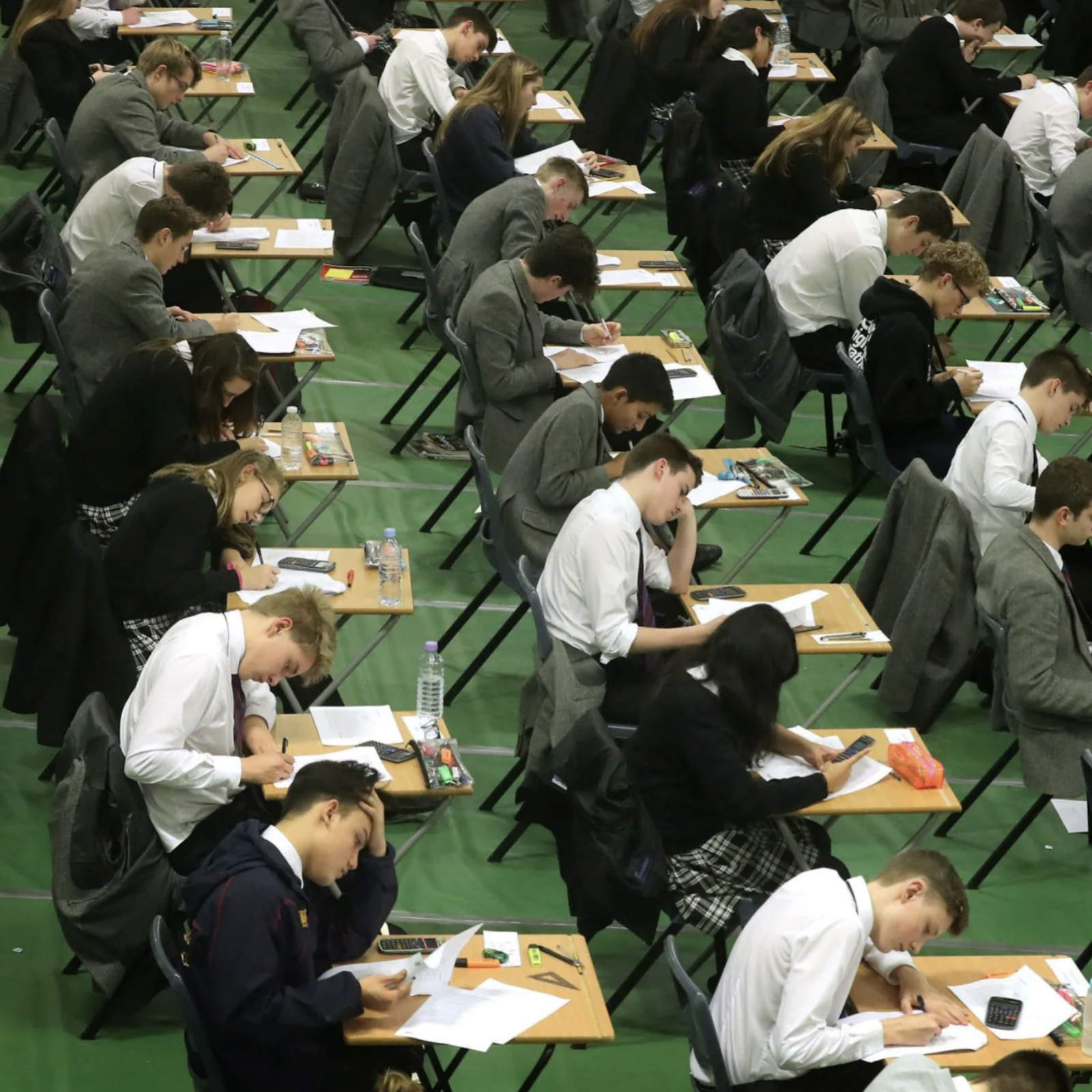
Course • Sociology • 5 lectures
Marxist and Critical Approaches to Education
Dr Eric Lybeck, Manchester University 5 Lessons
5 Lessons
Marxist and Critical Approaches to Education
Dr Eric LybeckManchester University

Course • Sociology • 6 lectures
Transnational and Environmental Crime
Prof. Tanya Wyatt, Northumbria University 6 Lessons
6 Lessons
Transnational and Environmental Crime
Prof. Tanya WyattNorthumbria University
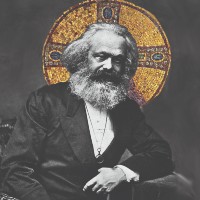
Course • Sociology • 5 lectures
Marxism and Religion
Dr Paul-François Tremlett, Open University 5 Lessons
5 Lessons
Marxism and Religion
Dr Paul-François TremlettOpen University

Course • Sociology • 5 lectures
Green Criminology
Dr Angus Nurse, Nottingham Trent University 5 Lessons
5 Lessons
Green Criminology
Dr Angus NurseNottingham Trent University

Course • Sociology • 5 lectures
Crime and the Media
Dr Francesca Menichelli, Surrey University 5 Lessons
5 Lessons
Crime and the Media
Dr Francesca MenichelliSurrey University

Course • Sociology • 4 lectures
The Sociology of Multiculturalism
Prof. Tariq Modood, Bristol University 4 Lessons
4 Lessons
The Sociology of Multiculturalism
Prof. Tariq ModoodBristol University
